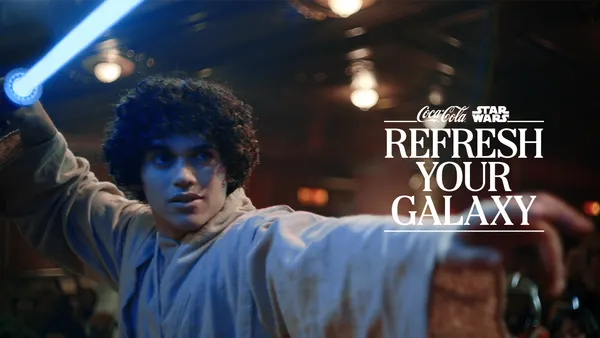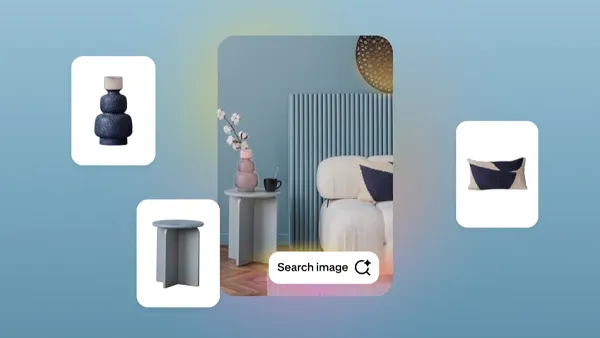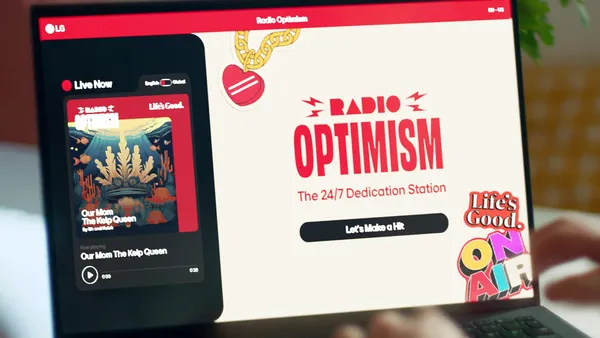Brief:
- At CES, Audi is presenting a technology that adopts virtual content to the movements of a car in real-time, letting backseat passengers play video games that are linked to a car's movements. The company plans to offer it as an open platform available to all carmakers and content developers.
- Audi partnered with Disney to demonstrate the VR system at CES with an interactive game called "Marvel's Avengers: Rocket's Rescue Run" that immerses players wearing VR headsets in a computer-generated spaceship surrounded by an asteroid field. Audi is demonstrating the concept game in its 2019 E-Tron, the German carmaker's first fully electric SUV. When the car moves, such as making turns or accelerating, players of the VR game experience similar moves in the virtual spaceship piloted by Rocket Raccoon from Marvel's "Guardians of the Galaxy."
- The carmaker co-founded a startup named Holoride that will license the VR technology from Audi. Holoride is creating a software development kit (SDK) for the tech and will launch the entertainment system within the next three years to work with VR headsets, per the announcement.
Insight:
While VR tech has struggled to find wide adoption, the news coming out of CES indicates Audi sees an opportunity to position itself as an entertainment software platform for inside cars. Automakers have been steadily dipping their toes deeper into digital tech to enhance the experience for drivers through mobile and voice-powered features. The Audi news points to how the latest tech can also enhance the experience for backseat passengers.
The VR car entertainment platform could be appealing to content providers looking to reach an engaged and captive audience. As a content provider, Disney must be prepared to adapt its vast library of entertainment properties to the latest technologies and platforms, and in-car VR could be one of the applications that boosts a technology that has so far struggled with consumer adoption due to pricey headsets and lack of content.
These issues could change as ride-hailing gives way to a the future of self-driving cars that will free up passengers for other activities as their vehicles work on autopilot. Those in-car activities for passengers may include VR or augmented reality (AR) experiences such as video games, guided tours through historical cities or other educational content that's tied to the car's movements and surroundings. Such AR/VR experiences would potentially offer opportunities for brand integrations and advertising during car ride games or video content. In-game VR advertising aids same-day recall for 70% of viewers across formats like pre-roll video ads, branded logos in-game and 3-D branded objects, according to a YuMe study.
The partnership is Audi's latest move to embrace the future of cars. In 2017 the carmaker showed off its Long Distance Lounge (LDL) Concept car to showcase how autonomous cars may evolve into "living rooms on wheels" or another efficient space for businesses, per CNet. As Audi and other carmakers have seen, ride-hailing companies like Uber and Lyft are part of a broader trend of replacing personal car ownership with "mobility as a service" (MaaS), especially as the "passenger economy" is forecast to become a $7 trillion market by 2050, according to a study by Intel and Strategy Analytics.










